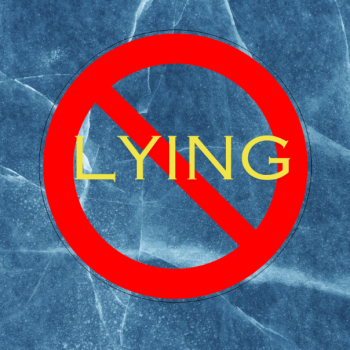Warren S. Goldstein, Executive Director of the Center for Critical Research on Religion, is a Visiting Fellow of the Committee on the Study of Religion at Harvard University and a Religion Fellow at Boston University’s School of Theology. His Ph.D. is from the New School for Social Research. He is Co-Editor of Critical Research on Religion and Book Series Editor of “Studies in Critical Research on Religion.” While his research aims to develop a critical sociology of religion as a “new paradigm” in the sociology of religion, he is more broadly interested in the development of a critical paradigm in the study of religion as a whole. He is also co-chair of the Sociology of Religion (SOR) group in the American Academy of Religion.
Matt Sheedy: In the opening editorial introducing the first issue of Critical Research on Religion (CRR), co-written by yourself, Roland Boer and Jonathan Boyarin, you orient your readers by noting the paradigm shift away from theories about the declining influence of religion in the public sphere in light of such developments as the rise of the religious right in the U.S., the demise of secular pan-Arabism and the collapse of the Soviet Union, among other geo-political factors. Here you lay out the ambiguities of such movements as Liberation Theology and Pentecostalism, various Islamisms, etc., and note the absence of a journal that approaches issues that have arisen from such developments within a critical theoretical framework, which you define as one that is not neutral but rather “engages in the critique of religion based on a set of values” such as scientific truth, freedom, democracy, equality, etc. Could you elaborate on these premises and mention some of the thinkers and schools of thought from which this approach takes its lead?
Warren Goldstein: Although it can be found earlier (for example in Spinoza), the basis of a critical approach to religion is contained in the Kantian critiques – in particular “The Transcendental Dialectic” in The Critique of Pure Reason. Here Kant argues that metaphysical concepts like God are empirically unverifiable. The critique of religion (Religionskritik) took off with the Left Hegelians. A watershed was the publication of David Friedrich Strauss’ The Life of Jesus, Critically Examined in 1835. In his examination of the Gospels, Strauss sought to separate myth from history. Bruno Bauer in own critique of John and the Synoptics went a step further arguing that one could not treat the Gospels could not treat the Gospels as anything other than a literary work (e.g. fiction). Another central figure of this movement was Ludwig Feuerbach who argued that God is nothing other than a projection of the alienated self. Writing in the context of Restoration Germany where there was no separation between church and absolute monarchies, all three of these figures, as a result of their publications, were either dismissed from their academic positions and/or unable to find one.
Karl Marx had hoped to gain a university position through Bauer but gave up on this when Bauer lost his position in Bonn. Bauer and Marx had planned to edit a journal together entitled Archiv des Atheismus. Marx broke with the Left Hegelians in The Holy Familyand The Germany Ideology. He argued that they were wasting their time by criticizing phantasms and would be better off paying attention to material conditions. The first historical materialist analysis of religion is in Friedrich Engels’ book on the German Peasant Wars. Here Engels engages in a class analysis of religion and discusses the revolutionary role played by Thomas Münzer. Social Democrats, Eduard Bernstein and Karl Kautsky, picked up the torch and continued to engage in a historical materialist analysis of religion. Kautsky looked at the heretical sects during the Middle Ages and argued that the origins of communism are contained in Christianity itself. He also engaged in a Marxist analysis of the emergence of Christianity.
Read the rest here















